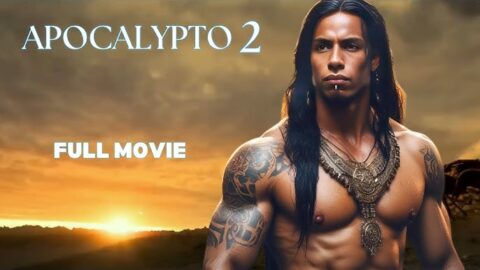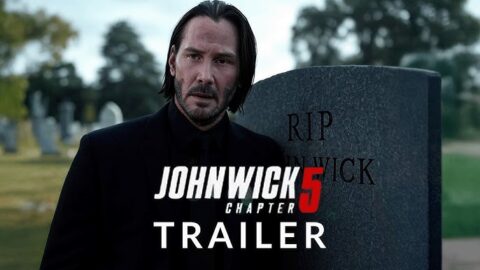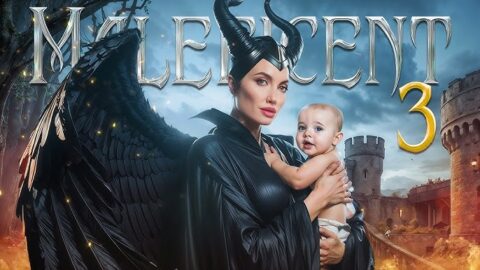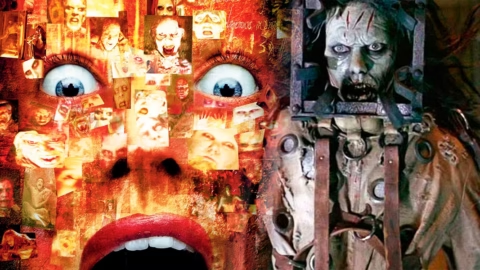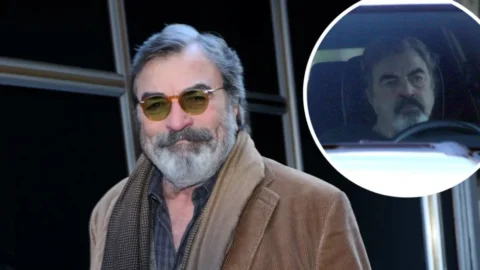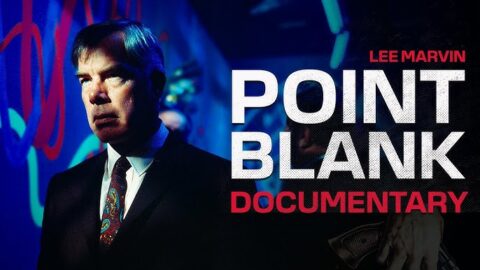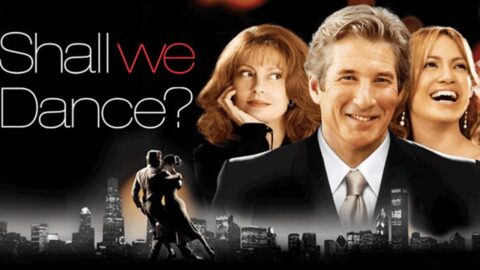Stuart Rosenberg’s Cool Hand Luke (1967) is a defiant, soulful classic that has earned its place as one of American cinema’s most iconic tales of rebellion. With its unforgettable central performance by Paul Newman, the film captures the spirit of an individual who refuses to be broken—no matter how many times the world tries to bend him to its will.
Set in a Florida prison chain gang during the 1950s, Cool Hand Luke tells the story of Lucas “Luke” Jackson (Newman), a decorated war veteran turned petty criminal after a drunken act of vandalism lands him in a brutal rural prison camp. Luke quickly becomes both a thorn in the side of the prison bosses and an unlikely hero to his fellow inmates—his charm, quick wit, and sheer stubbornness turning every punishment into a kind of small victory for the human spirit.
At the heart of the film is Newman’s magnetic performance. His Luke is equal parts charming troublemaker and tragic antihero—an everyman who stands up to a rigid system not out of ideology, but because his nature simply won’t let him conform. Newman radiates charisma and vulnerability in equal measure, cementing this role as one of the finest in his legendary career.
Around him is a cast of memorable characters, especially George Kennedy as Dragline, the tough inmate who first sees Luke as a threat but comes to idolize him as a symbol of freedom in a place designed to crush it. Their bond forms the emotional core of the story, a testament to the power of camaraderie in the most dehumanizing circumstances.
The film is filled with scenes that have become cultural touchstones: Luke’s relentless egg-eating bet (“Nobody can eat fifty eggs!”), his cool shrug in the face of solitary confinement, and that iconic line—“What we’ve got here is failure to communicate.” Each moment drives home the clash between a free spirit and a machine-like system built to grind him down.
Rosenberg’s direction, Conrad Hall’s evocative cinematography, and Lalo Schifrin’s bluesy score wrap the film in an atmosphere that’s both gritty and poetic. It’s a story about authority and defiance, but also about the deeply human cost of refusing to break when everyone around you already has.
More than fifty years later, Cool Hand Luke still resonates because it’s not just about one man’s rebellion—it’s about the universal longing for dignity and freedom, even in the most hopeless places. Luke’s spirit may be crushed by the system, but his legend endures, reminding us that sometimes the fight itself is the victory.
In the end, Luke’s smile in the face of defeat says it all: you can lock up a man, but you can’t kill a legend.
